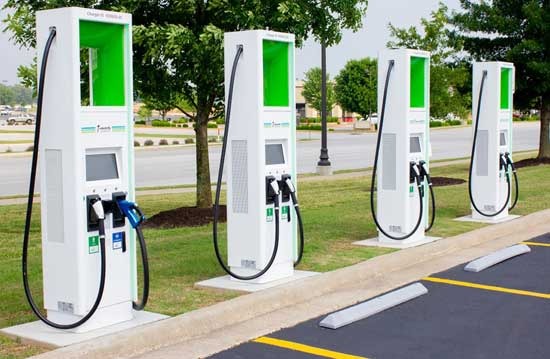India is steadily expanding its electric vehicle (EV) charging infrastructure amid growing EV adoption. With government incentives and private investments, the network has quadrupled in 15 months, yet challenges persist in achieving nationwide coverage and reliability essential for sustainable EV growth.
As India aggressively shifts towards electric mobility, the race to build a comprehensive and reliable electric vehicle (EV) charging network is intensifying. The country has witnessed a remarkable surge in EV sales, propelled by government policies, falling battery costs, and growing climate awareness. However, establishing reliable charging infrastructure remains an ongoing battle critical to sustaining this momentum.
Rapid Expansion Amidst Challenges
-
India’s EV charging network has grown fourfold within the last 15 months, a significant leap that currently covers about 65% of pin codes nationwide.
-
The government has offered lucrative incentives to states and private players to install fast and slow charging stations across highways, urban hubs, and remote areas.
-
However, the demand-supply gap persists, especially in Tier 2 and Tier 3 cities and rural locations, where charging points are sparse or inaccessible.
Key Technical and Market Issues
-
Standardization of charging protocols and interoperability across networks are evolving but still require heightened coordination.
-
Range anxiety remains a consumer concern given the uneven distribution of chargers and limited high-speed options.
-
Supply chain constraints and the transition to renewable energy-powered charging stations present further complexity.
Government and Industry Initiatives
-
The Faster Adoption and Manufacturing of Hybrid & Electric Vehicles (FAME) scheme, along with state-level policies, incentivizes EV infrastructure.
-
Industry stakeholders, including Tata Power, energy startups, and automobile manufacturers, are investing in home, public, and commercial charging solutions.
-
Technological innovations like ultra-fast chargers, battery swapping, and smart grid integration are being piloted to enhance user experience and system efficiency.
Outlook
Experts agree that sustained focus on infrastructure, policy support, and public-private partnership is imperative to alleviate bottlenecks and fully unlock EV potential in India. Expanding the charger network systematically will help India meet its carbon emission targets while transforming its transport landscape.
Key Highlights
-
EV charging stations quadrupled in 15 months, now covering 65% of pin codes.
-
Government incentives drive infrastructure growth but uneven distribution remains a challenge.
-
Standardization and interoperability of charging tech still evolving.
-
Industry pioneers introduce ultra-fast chargers and innovative solutions.
-
Range anxiety and rural access gaps persist despite expansion.
-
Strong policy and private sector collaboration essential for sustained growth.
Sources: Financial Express, Pulse Energy, Bolt Earth, IBEF, Rocky Mountain Institute

